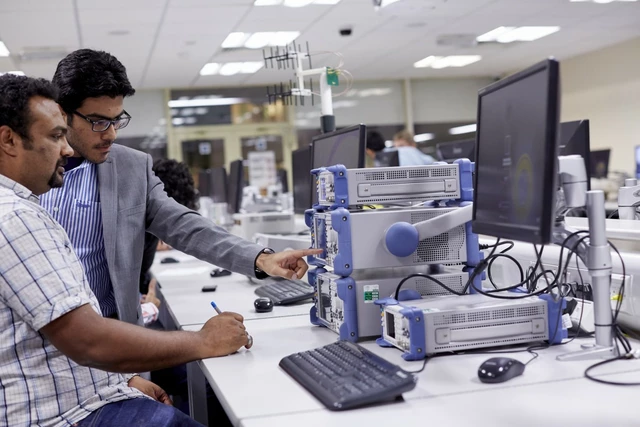Technology and Employment: How New Tools Are Changing Jobs
Ever wonder why you hear about robots on assembly lines and AI in offices at the same time? It’s because technology is rewriting the rules of work right before our eyes. In India’s fast‑growing economy, the buzz isn’t just hype – it’s a real shift that affects every sector, from manufacturing to services.
New jobs that didn’t exist a decade ago
When cloud computing took off, nobody expected a surge in roles like cloud architect or DevOps engineer. Today, companies spend millions hiring people who can design, manage, and secure online infrastructure. Same story with data. Data scientists, machine‑learning engineers, and analytics consultants are now core to decision‑making in retail, finance, and even agriculture.
Think about the gig economy. Platforms such as Uber, Swiggy, and Upwork rely on technology to match workers with demand instantly. That created a whole class of freelance drivers, delivery partners, and remote freelancers who earn a living through apps. While the model is tech‑driven, the jobs still require human skills – customer service, time management, and problem solving.
Skills that keep you relevant
Automation is great at handling repetitive tasks, but it still needs people to set it up, monitor it, and fix it when things go wrong. That’s why digital literacy is no longer optional. A basic understanding of spreadsheets, email etiquette, and internet safety can be a stepping stone to higher‑paid tech roles.
Soft skills matter more than ever. Communication, critical thinking, and adaptability help you work alongside AI tools without feeling replaced. For example, a customer‑service rep who can interpret chatbot data and add a human touch will always be valuable.
Training programs are popping up everywhere – government skill‑development initiatives, online courses on platforms like Coursera, and corporate bootcamps. The key is to pick a path that aligns with your current job or the industry you want to break into. Short, focused certifications in cloud services, digital marketing, or cyber security can boost your resume in weeks.
What about jobs that are vanishing? Manual data entry, routine bookkeeping, and some assembly‑line roles are shrinking as software takes over. But the real trick is to pivot before the shift hits. If you’re in a shrinking role, ask your manager about cross‑training opportunities or upskilling grants.
Bottom line: technology isn’t just stealing jobs; it’s also creating a wave of new opportunities. By staying curious, learning the tools of the trade, and sharpening people skills, you can ride the tech wave instead of getting swept away.
Ready to future‑proof your career? Start by identifying the tech trends in your industry, then pick one skill to learn this month. Small steps add up, and before you know it, you’ll be the go‑to person for the next big thing.
Has technology added new jobs to your industry?
Technology has had a huge impact on the job market, both creating and eliminating jobs. In many industries, technology has created new jobs that require a deeper understanding of the digital space. These jobs often require a combination of technical skills and human interaction, such as software developers and customer service representatives. At the same time, technology has also caused job losses in certain sectors, including manual labor and administrative roles. The impact of technology on jobs will likely continue in the future, with both job losses and growth in certain areas.





